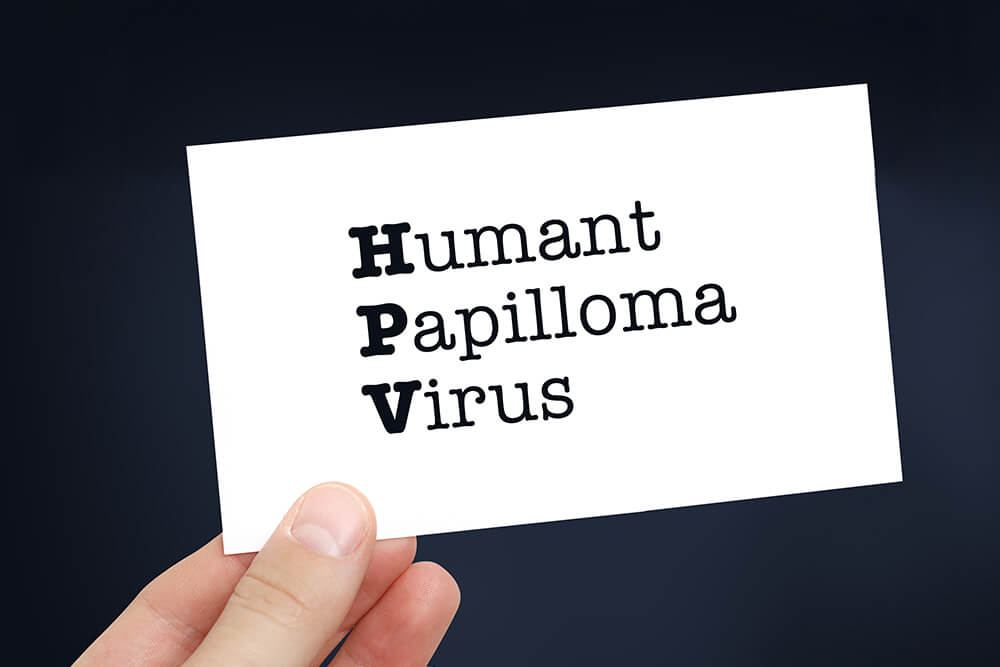
Human Papillomavirus, or HPV, involves a group of about 150 viruses that make up the most common sexually transmitted disease. Consequently, HPV can cause a wide range of symptoms, some harmless (that go away on their own), some dangerous. For example, some individuals with HPV can develop cervical, penile, mouth, throat, and rectal cancer, while others never know they carry the virus.
When Doctors Test for HPV
The CDC recommends every woman between the ages of 21 and 29 have a pap test–to check for abnormal cells–at least every three years. If the pap shows abnormal cell growth, your doctor might recommend the HPV test. Otherwise, most doctors don’t perform the HPV test until age 30, at which point you should have it (along with a pap test) every five years. This spread-out testing lets doctors minimize follow-up visits and unnecessary treatment, since cell changes in the cervix happen slowly.
When the HPV Test is Positive
In most cases, a positive HPV test indicates the need for further testing. If a positive result coincides with an abnormal pap smear, the doctor will explain the details of further testing. If you receive a positive HPV test and a normal pap smear (which happens more frequently), further treatment usually involves more frequent pap smears (every 12 months) to check for abnormal cells.
The HPV Vaccine
Fortunately, there is a vaccine that helps with certain types of HPV that lead to warts and cancer. This vaccine is available for anyone age 9 – 45 and comes in a series of two or three shots. Like other vaccines, it has a high success rate and doctors recommend getting it even if you aren’t sexually active.
Regardless of whether you’ve received the vaccine, you should still receive regular pap and HPV tests, since the vaccine doesn’t protect against every type of HPV infection.
Other Common HPV-Related Questions
- If HPV goes away, can I get it again? Unfortunately, yes. Since so many varieties of the virus exist, it’s possible to get it over and over again.
- Will HPV affect my pregnancy or baby? As far as medical professionals know, HPV doesn’t affect your chances of getting pregnant and is rarely passed from mother to baby.
Eagle’s Landing OB/GYN in Stockbridge, GA wants you and your family to thrive. For any questions or concerns regarding pregnancy, parenting or related issues, don’t hesitate to give us a call at 770-474-1919.
